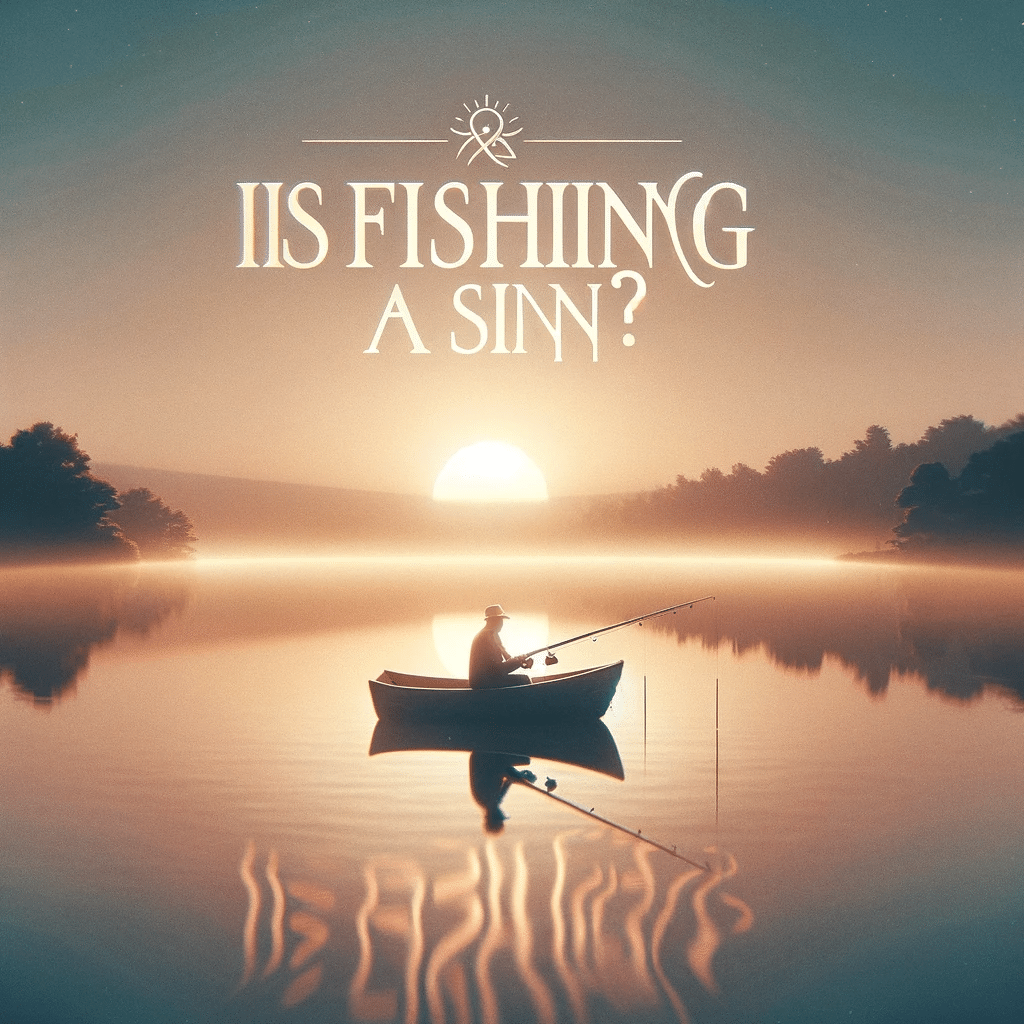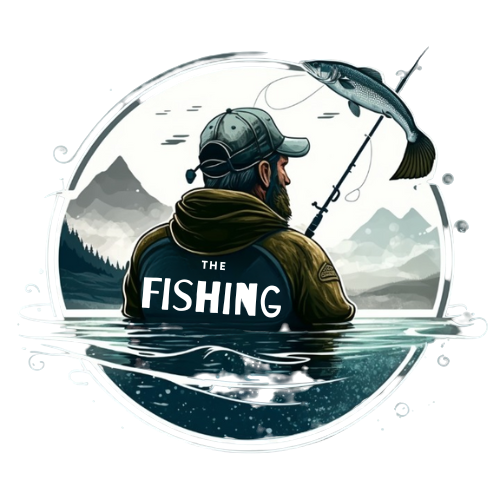If you enjoy fishing, you may have asked yourself whether this activity is ethical and aligns with your religious beliefs. Fishing practices have been subject to moral scrutiny, raising questions about whether fishing can be considered a sin. In this article, we will explore the ethical and religious perspectives on fishing and the moral considerations that arise in angling. By shedding light on these issues, we hope to help you gain a deeper understanding of the morality of fishing.
As we delve into this topic, we will examine the viewpoints of different religious traditions on fishing practices and whether they are considered sinful activities. We will also discuss the ethical considerations that arise in recreational fishing, including catch and release practices, sustainability, and animal welfare. Finally, we will explore how responsible angling practices can help balance personal values and align our actions with our ethical and moral beliefs.
Join us for a deep dive into the question: is fishing a sin?

The Perspectives of Different Religious Traditions
Fishing has been a significant part of human history for thousands of years, and various religious traditions have weighed in on the morality of the practice. In Christianity, for instance, fishing has biblical roots, with Jesus calling his disciples to become “fishers of men” (Matthew 4:19). While the Bible does not explicitly condemn fishing as a sin, some Christians believe that the pain and suffering inflicted on fish due to hooks and nets means it is an unethical activity.
In Islam, fishing is seen as a lawful and permissible activity as long as it adheres to religious teachings. However, Islamic laws require fishers to avoid cruelty and overfishing. Similarly, in Buddhism, the focus is on mindfulness and compassion towards all living beings. Therefore, fishing for sport or amusement may be deemed inappropriate. Instead, Theravada Buddhism permits only fishing for subsistence purposes or as a livelihood.
In Judaism, fishing is allowed, but it is subject to various regulations concerning the types of fish that may be caught and how they are caught. The Jewish tradition prohibits killing or injuring animals unnecessarily, so angling for sport rather than sustenance may be deemed unethical.
| Religion | View on Fishing | Regulations |
|---|---|---|
| Christianity | Not explicitly condemned, but some consider it unethical | N/A |
| Islam | Permissible, but subject to religious laws and ethical guidelines | N/A |
| Buddhism | Fishing for sport or amusement may be inappropriate. Fishing permitted for sustenance or as a livelihood | Mindfulness and compassion towards all living beings |
| Judaism | Fishing is allowed, subject to various regulations concerning types of fish and methods of capture | Prohibition against killing or injuring animals unnecessarily |
It’s clear that various religious traditions have different perspectives on the practice of fishing, and each emphasizes different aspects of morality and ethics. However, it’s worth noting that these perspectives are not set in stone, and interpretations of religious texts and practices may vary within each tradition and among individual believers.
Ethical Considerations in Recreational Fishing
Recreational fishing is a popular leisure activity enjoyed by many. However, it raises ethical considerations that cannot be ignored. As an angler, it is important to understand the impact your fishing practices can have on the environment, animal welfare, and sustainability.
| Ethical considerations | What it means |
|---|---|
| Catch and Release | Anglers are encouraged to release fish back into the water after catching them, rather than keeping them for consumption. This promotes sustainability and preserves fish populations for future generations. |
| Sustainability | It is important to ensure that fishing activities do not harm the ecosystem, disturb natural habitats, or cause significant depletion of fish populations. This requires responsible and careful management of fishing practices. |
| Animal Welfare | Fish are sentient beings that can feel pain and suffer. As such, it is important to minimize the harm done to them during fishing activities and ensure they are treated with respect and consideration. |
By considering these ethical aspects, recreational fishing can be aligned with responsible and sustainable practices that minimize harm to the environment and animals. As an angler, it is crucial to balance the enjoyment of the hobby with the ethical considerations that come with it.
Balancing Personal Values and Fishing Practices
As an angler, it is important to consider the impact of your fishing practices on the environment and the species being targeted. By aligning your actions with your personal values, you can enjoy the hobby of fishing while minimizing harm and promoting conservation efforts.
One way to demonstrate responsible angling is to practice catch and release techniques. This allows for the enjoyment of fishing while reducing harm to the fish and preserving the ecosystem. Additionally, by following local fishing regulations and restrictions, you can ensure the conservation of fish populations for future generations.
Another aspect of responsible angling is to properly dispose of any waste generated during your fishing trip. This includes discarding used fishing lines and lures in designated trash receptacles, rather than leaving them in or around the water where they can harm wildlife.
Conservation efforts are also a critical component of balancing personal values with fishing practices. Supporting fisheries conservation organizations, participating in clean-up efforts, and advocating for sustainable fishing practices are all ways to demonstrate your commitment to conservation.
By balancing your personal values with responsible fishing practices, you can enjoy the hobby while minimizing harm and contributing to the conservation of the environment and species. Remember, as an angler, you have a responsibility to protect and preserve the natural resources that make fishing possible.
